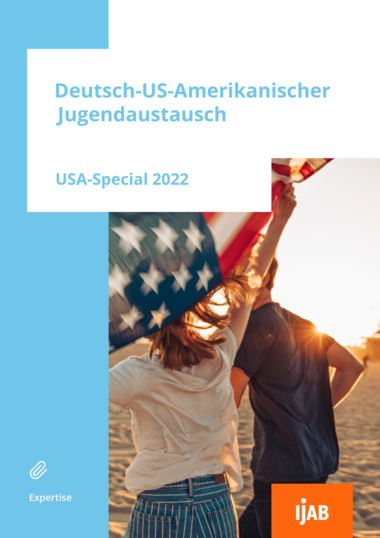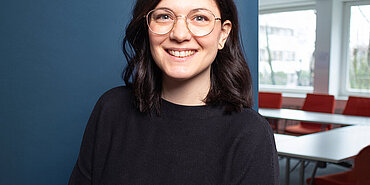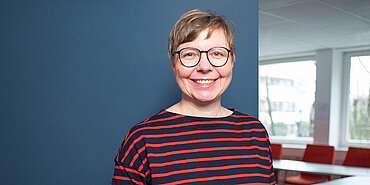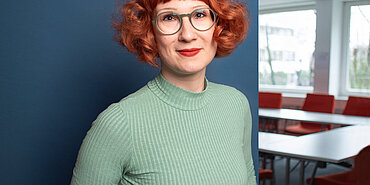Why do you think the US is still one of the most popular countries for international student exchanges?
Rüdiger Muermann: The US is very present in the minds of young people all over the world. Young Germans encounter US-American culture from an early age through movies, TV shows, and music. This inspires teenage dreams about the US, for example about spending a year at a US high school. Another factor is that US-German student exchanges have been run by various programs in both countries for many years. One example is the Congress-Bundestag Youth Exchange, which has offered scholarships for US-German exchanges since 1983.
Many US-American families have welcomed German students into their homes. Why do they do it?
Bettina Wiedmann: First of all, I think that US-Americans are generally very open and enjoy welcoming people into their homes. They also want to share their culture with other people. Something that’s rather alien to us Germans but very strong in the US is patriotism. US-Americans are incredibly proud of their country and culture, and because of this they want to share it with others. But US-American families are also interested in learning about cultures different to their own. The US is a big country, and not all US-Americans have the chance to travel internationally. They vacation in their own country, and unless they live near an external border, they often have little contact to cultures outside the US. Hosting an exchange student is a relatively easy way to broaden one’s cultural horizons.
Rüdiger Muermann: I agree, the main motivation for many host families is their interest in intercultural exchange and a chance to look beyond their horizons. Some of the families have German roots and welcome the opportunity to find out more about their heritage by taking in German students.
Why should German families choose to host students from the US?
Rüdiger Muermann: Many of our host families report that bringing students from other cultures into their homes for a longer period can enrich family life. It makes them think about their own family structures in a different way. Stepping outside their comfort zone can shake up routines and give them fresh perspectives. For host families, taking in a guest student builds intercultural understanding, eliminates prejudices, and paves the way for an open global community.
Bettina Wiedmann: Having hosted myself, I can definitely confirm this. I’d even go so far as to say that it’s interesting to host a guest from the US for a while precisely because we think we know the US so well from the media. But it is so much more than McDonalds and basketball, or Trump and Obama. The US is a very diverse country. We often have a certain impression of it that is influenced by the media, and we form our own opinion based on this. I think it would be beneficial for us all to host an exchange student from the US. It can help us understand the country better, or when opinions differ, at least help us respect different points of view even if we don’t share them.
In the last few years, the US has undergone a lot of changes, including some domestic challenges. Do you notice any of this in your work or in your collaboration with US-American partner organizations?
Rüdiger Muermann: The domestic challenges in the US haven’t had a major impact on collaboration with our partner organizations, but they have indeed led to some interesting experiences for our exchange students. In 2020, for example, we sent one of our students, who was very interested in politics, to Texas. He was there on one of our scholarships so was required to write progress reports, which he did in a very interesting way. For example, he wrote about the US elections from his perspective as a German exchange student in Texas. His experiences gave him a new outlook and taught him the importance of student exchanges.
You obviously have a lot of contact to colleagues in the US. What are the challenges of these transatlantic collaborations? Do you sometimes have to overcome intercultural hurdles?
Bettina Wiedmann: I think all collaborations face occasional conflicts and challenges. Conflicts are not a bad thing per se; first and foremost, they’re occasioned by different interests. Add cultural idiosyncrasies to the mix and you just need a bit more time to resolve the conflict.
It’s really interesting, even amusing, when both sides undergo intercultural training and then try it out on their partners. US-Americans suddenly communicate with German directness, or the Germans start talking about the weather… Eventually, they meet again somewhere in the middle and look for a solution that suits them both.
Ultimately, collaborations with US partner organizations are like transatlantic student exchanges. Once people get to know each other personally and meet as equals, they can resolve any conflicts and find ways to reconcile their respective interests. And this is exactly what we want to foster with our work.





















